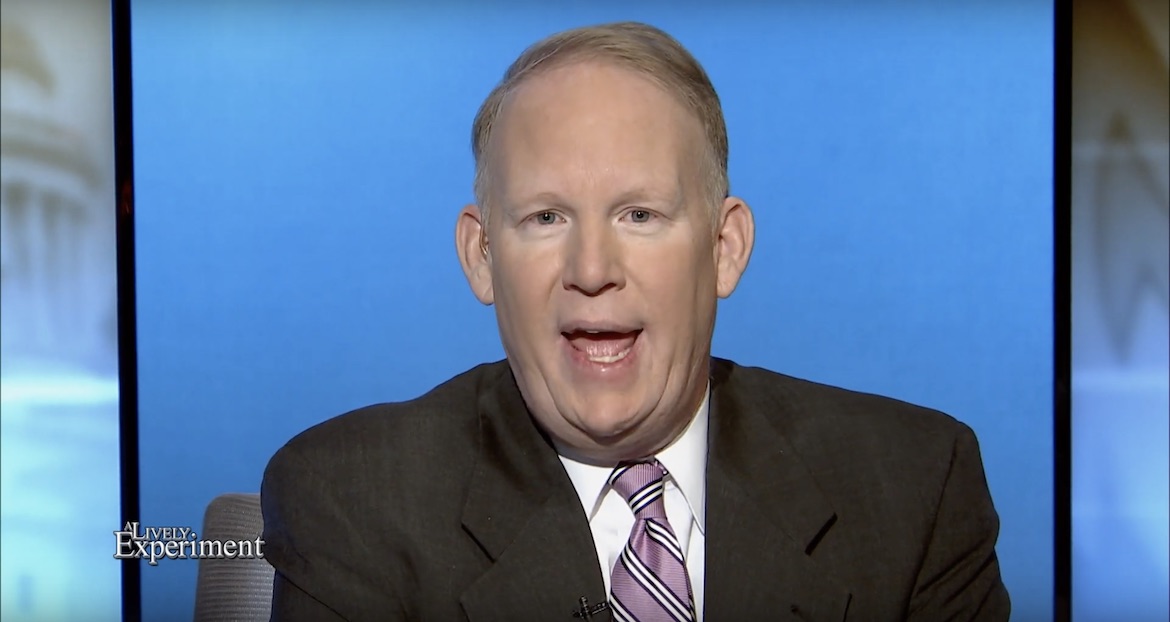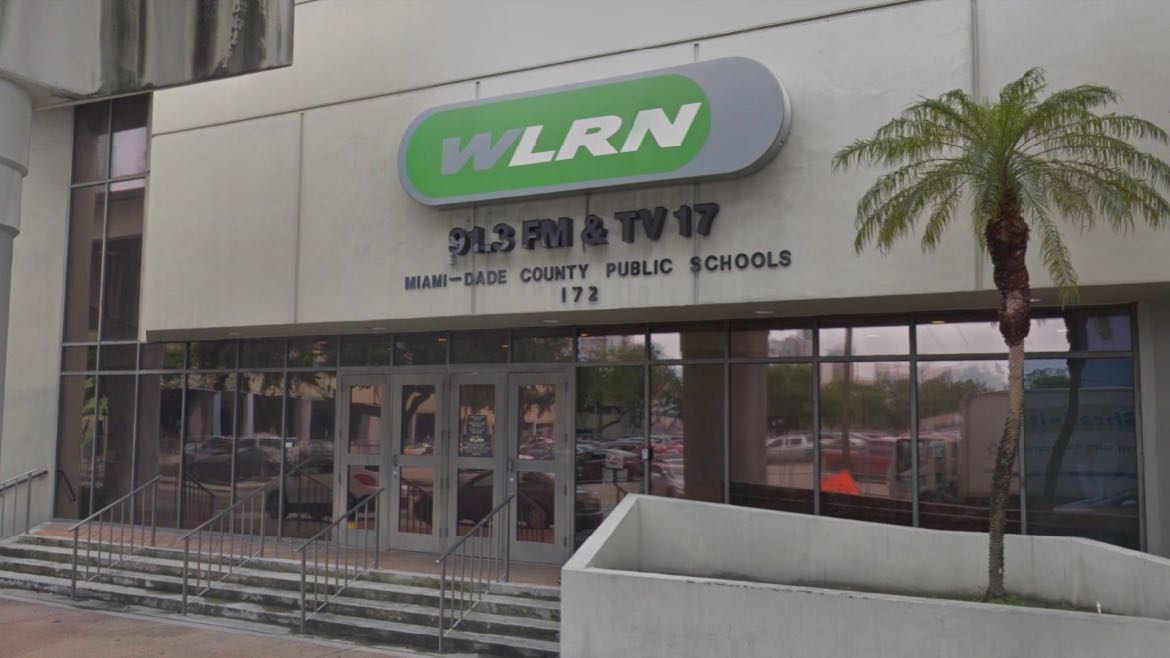System/Policy
Alaska governor’s draft budget zeros out pubmedia funding
“Since there are so many cuts proposed, it’s a bigger challenge to make our case than ever before,” said Alaska Public Broadcasting's ...FCC gives green light to revising rules governing LPFMs, other noncoms
“We're aiming to provide greater clarity to broadcast applicants and thus make the process easier for them, deliver more new services to ...WBUR employees set to vote on joining union
“We appreciate management working with us and can’t wait to get started making WBUR an even better place to work," a producer ...Rhode Island PBS sticks with host after blackface photo emerges
A 1986 photo depicted talk show host Jim Hummel dressed as Tubbs from "Miami Vice" for a Halloween party.Illinois stations consider management agreement to preserve Peoria’s WCBU
WGLT approached Bradley University, WCBU's licensee, after plans to tear down the station's building were announced.In Miami, stakeholders weigh future of WLRN’s relationship with school-board licensee
Station leaders, fundraisers and school district officials are considering whether a separate nonprofit should take over WLRN's licenses.PBS will move headquarters to smaller space nearby
PBS signed a 15-year lease on the property, located about a half-mile to the north of its current offices.OETA Foundation remains in network building despite eviction notice
The president of the Oklahoma Educational Television Foundation said it has no reason to leave.Union accuses KUOW of unfair labor practice
The claim alleges that KUOW management’s decision to eliminate seven positions “interfered with, restrained, and/or coerced public employees” in their rights to ...OETA Board votes to form new fundraising organization
The Oklahoma public television network cut ties with its fundraising foundation in a unanimous board vote Tuesday night.KUT hires Austin newspaper editor as GM
Debbie Hiott, a 26-year veteran of the Austin American-Statesman, signs on with the station Jan. 14.FCC takes new look at how it settles competing applications from noncoms
A Notice of Proposed Rulemaking also suggests some changes affecting low-power FM broadcasters.With AmGrad expansion, PBS Charlotte helps students visualize their dreams
“I believed that the more we served this community, the more successful we would be,” said PBS Charlotte's GM.‘I’ll have to start watching PBS much more,’ Trump says
“I was surprised, based on everything I’ve heard about them,” Trump said of a report on North Korea.Court documents indicate Oklahoma’s OETA could sever ties with foundation
The Oklahoma state-owned network also delivered an eviction notice to its foundation, which shares leased space in its building.









